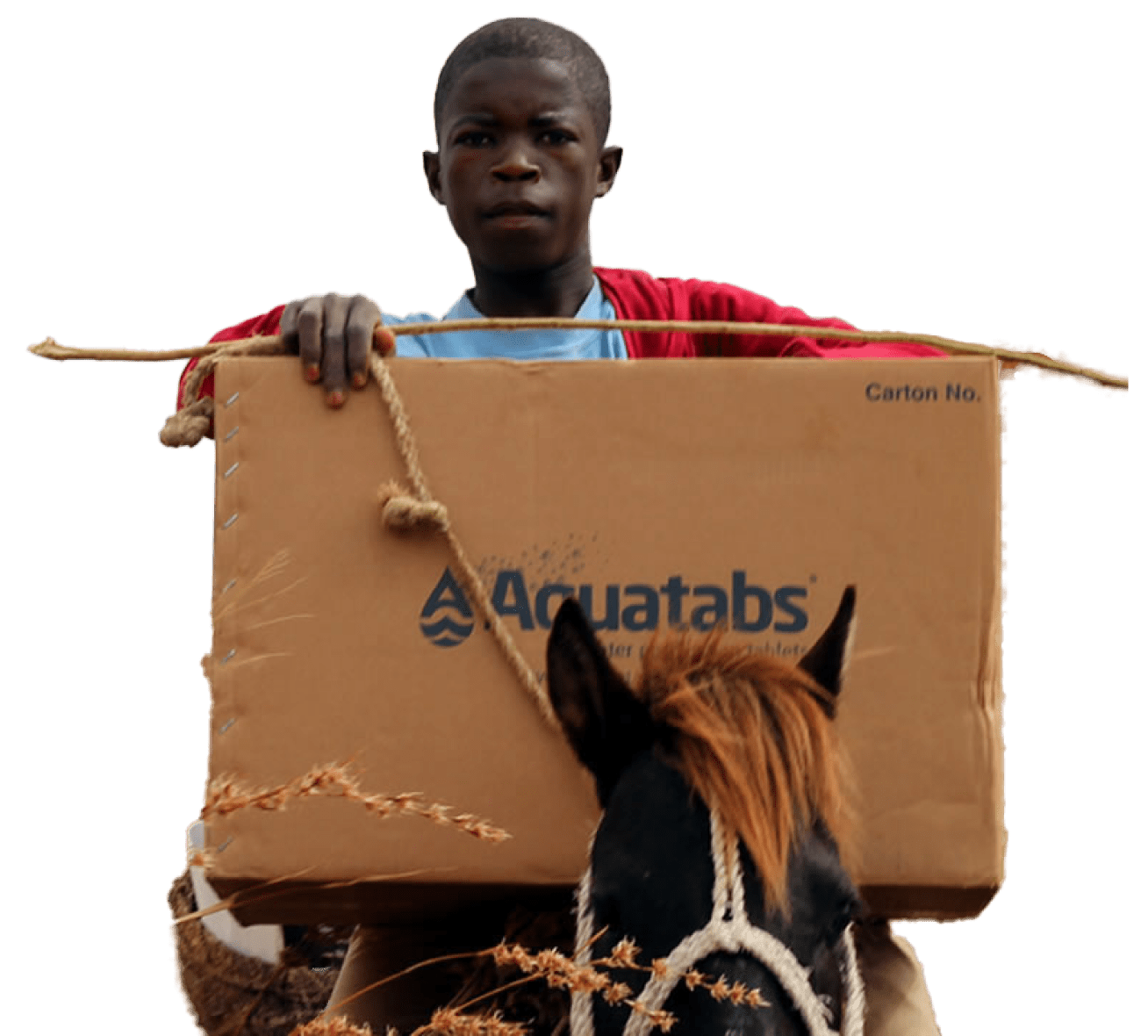A full set of Product Data Sheets is available upon request.
If you would like to see an individual product data sheet, please email: [email protected]
A full set of Product Data Sheets is available upon request.
If you would like to see an individual product data sheet, please email: [email protected]
EFFECT OF IN-LINE DRINKING WATER CHLORINATION AT THE POINT OF COLLECTION ON CHILD DIARRHOEA IN URBAN BANGLADESH: A DOUBLE-BLIND, CLUSTER-RANDOMISED CONTROLLED TRIAL
Amy J Pickering, Yoshika Crider, Sonia Sultana, Jenna Swarthout, Frederick GB Goddard, Syed Anjerul Islam, Shreyan Sen, Raga Ayyagari, Stephen P Luby
Key Findings:
Children in the treatment group had less WHO-defined diarrhoea than did children in the control group
Interpretation
Passive chlorination at the point of collection could be an effective and scalable strategy in low-income urban settings for reducing child diarrhoea and for achieving global progress towards Sustainable Development Goal 6.1 to attain universal access to safe and affordable drinking water.
N.A.MOLLA, A. HOSSAIN, P. EDMONDSON and O. SHIPIN
Key Findings:
THOMAS CLASEN, TANVEER F. SAEED, SOPHIE BOISSON, PAUL EDMONDSON, AND OLEG SHIPIN
Key Findings:
While 61.7% (116/188) of samples from the intervention households met World Health Organization (WHO) guidelines for 0 TTCs in drinking water, none of the 191 samples from control households met such a benchmark.
Thomas Clasen, Paul Edmondson
Hussein Mohamed,Thomas Clasen, Robert Mussa Njee, Hamisi M. Malebo, Stephen Mbuligwe and Joe Brown
Key Findings:
Given that microbiological performance across technologies was comparable, decisions regarding scale-up should be based on other factors, including uptake in the target population and correct, consistent, and sustained use over time.
Get in touch᛫Get in touch᛫Get in touch᛫Get in touch᛫Get in touch᛫Get in touch᛫
Your support extends clean water access. Join us today to be part of the solution!
